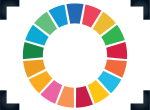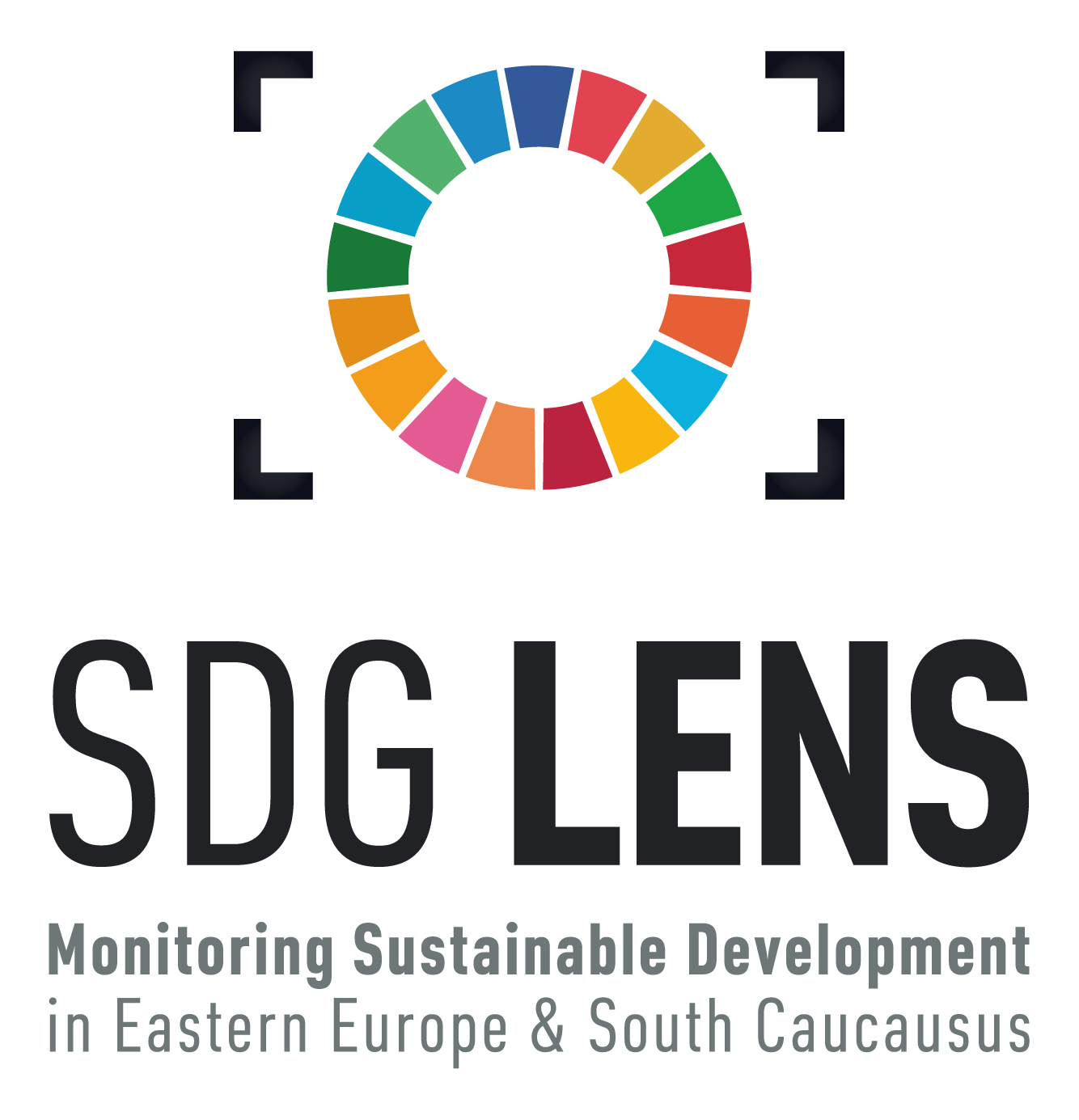Sustainable Development Goals in Azerbaijan
Azerbaijan endorsed the 2030 Agenda for Sustainable Development on September 25-27, 2015 at the UN Sustainable Development Summit in New York. As the implementation of the Sustainable Development Goals requires a comprehensive approach in institutional and political terms, the formation of an effective national executive mechanism in Azerbaijan to develop a sustainable, comprehensive and diversified economy and ensure balanced development of social sectors is of particular importance. In order to coordinate the fulfillment of the tasks entrusted to the state bodies related to the obligations arising from the “Transforming our World: The 2030 Agenda for Sustainable Development”, in 2016, the National Coordination Council for Sustainable Development of the Republic of Azerbaijan (NCCSD) was established by a presidential decree.
Azerbaijan was one of the first countries to undertake a MAPS mission (“Mainstreaming, Acceleration and Policy Support” for the 2030 Agenda), which outlined concrete policy and programming steps to accelerate the goals at national level. The results were presented at the 2018 Baku Forum on Sustainable Development. This event also marked the adoption of the Baku Principles, which established provisions for integration of the SDGs accelerating their implementation. With support from the United Nations, the National Information Portal on the SDGs was launched, introducing an interactive dashboard, collecting consolidated data and tracking and monitoring progress on SDG implementation in real time. The UN provides ongoing support to strengthen national statistical capacities to produce high-quality data, with a focus on disaggregation to Leave No One Behind. The UN also is also making special efforts to engage various groups such as the private sector, media, parliamentarians and the public in promoting the Goals.
The Government of Azerbaijan and the UN signed the Sustainable Development Cooperation Framework Document (UNSDCF) for 2021-2025. The document is an essential tool to support the implementation of the 2030 Agenda in Azerbaijan. The framework document shapes the organization of UN assets required to cover the following four strategic priority areas: 1) inclusive growth that reduces vulnerability and builds resilience; 2) stronger institutions for better public and social services delivery; 3) protecting the environment and addressing climate change; and 4) creating a gender-equitable society that empowers women and girls.
The Role of SDG Council of Azerbaijan
The main objective of the National Coordination Council for Sustainable Development of the Republic of Azerbaijan is to identify national priorities and indicators that correspond to the global goals and targets relevant to Azerbaijan by 2030, to ensure the alignment of state programs and strategies in the socio-economic sphere of the country with the Goals, and to prepare an annual report on the achievement of the SDGs. To ensure the activities of the Council, the Secretariat of the Coordination Council was established under the auspices of the Ministry of Economic Development.
The following four Working Groups were formed within the Coordination Council:
Group 1. Economic development and decent employment
Group 2. Social issues
Group 3. Environmental issues
Group 4. Monitoring and evaluation
The National Coordination Council has prepared five Final Reports on the work carried out in Azerbaijan and the achievements made in implementing the SDGs between 2016 and 2023.
Voluntary National Reviews
Azerbaijan has submitted three VNRs so far, in 2017, 2019 and 2021.
The Role of Civil Society in Azerbaijan
At the end of 2013, several decisions were made that undermine the sustainability of civil society organizations in Azerbaijan. These include the laws regulating the registration, operation and funding of civil society – the Law on Grants, the Law on Non-Governmental Organizations, the Law on Registration of Legal Entities and numerous restrictive amendments were made to the Law on Registry, the Law on Donations and the Code of Administrative Offenses.
These decisions significantly restricted the space for CSOs, resulting in the suspension of hundreds of local and international CSOs in Azerbaijan and even their complete departure from the country. Due to the lack of a favorable legal framework and financial sustainability for CSOs in Azerbaijan, most Azerbaijani CSOs operating in the country and abroad are currently unable to manage their organizations, programs and projects in line with international standards. CSOs in the country, especially regional organizations, need to be strengthened on a number of important issues, including organizational management rules, strategic planning, human resource management, financial management, project management, and monitoring and evaluation.
All three VNRs mention that the National Coordination Council on Sustainable Development and the Ministry of Economy are leading the VNR process, in consultation with various stakeholders including the parliament, line ministries, public institutions, NGOs, the private sector and academic institutions. However, in reality, NGOs in Azerbaijan have limited involvement in the fulfillment of the commitments made by the Republic of Azerbaijan under the SDGs.


